
On-chain reputation rewards are upending the way decentralized governance functions, pushing the crypto world beyond simple token-based voting. Instead of concentrating power in the hands of large holders, these systems amplify voices based on active, meaningful participation. As protocols like GiveRep and WalletConnect introduce new models for earning and leveraging reputation, the future of governance tokens is being fundamentally redefined.

From Token Holdings to On-Chain Reputation
Traditional DAO and protocol governance has long relied on the principle that more tokens equal more influence. While efficient, this approach also opens the door to centralization, voter apathy, and short-termism. The emerging alternative – on-chain reputation rewards – shifts the focus to what users actually contribute to a community or protocol. Reputation points, badges, and NFTs now serve as verifiable credentials, tracking engagement, reliability, and expertise directly on-chain.
GiveRep, for instance, converts social activity into measurable on-chain reputation (REP) by connecting users’ X (formerly Twitter) accounts to the Sui blockchain. Every like, retweet, or meaningful interaction earns REP, which can then be used to unlock governance privileges or participate in crypto loyalty programs. This system incentivizes authentic contributions over passive holding, fostering a more dynamic and inclusive governance environment. For a deeper dive into GiveRep’s impact, see our analysis here.
Adaptive Reputation Systems: Incentivizing Long-Term Engagement
Projects like WalletConnect are piloting adaptive reputation frameworks that go far beyond simple activity tracking. Their tiered approach evaluates users based on transaction diversity, sustained engagement, governance quality, and developer impact. The result is a three-tier system:
Explorer, Builder, and Guardian Tiers: Unique Rewards
-

Explorer Tier: Unlocks basic on-chain perks such as gas fee subsidies and starter NFT badges for new participants. This tier encourages initial engagement and exploration within the governance ecosystem.
-
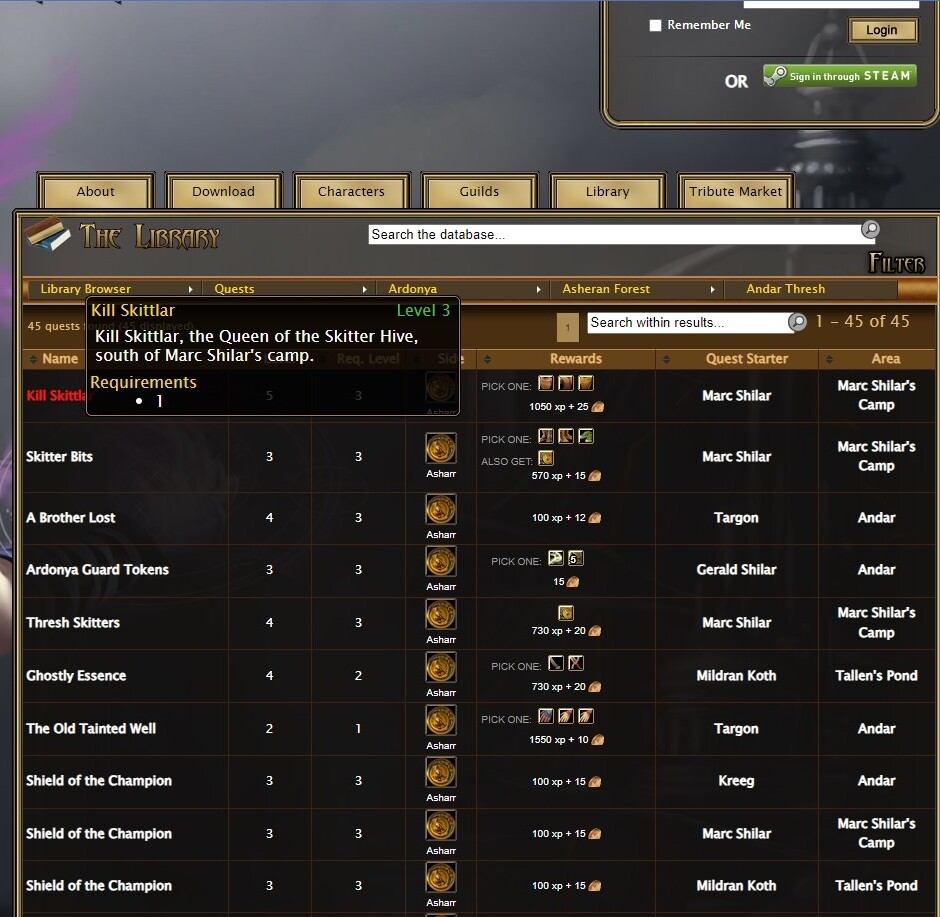
Builder Tier: Provides enhanced rewards like fee rebates, beta access to integrated dApps, and weighted voting power. Builders are recognized for sustained contributions and active development.
-
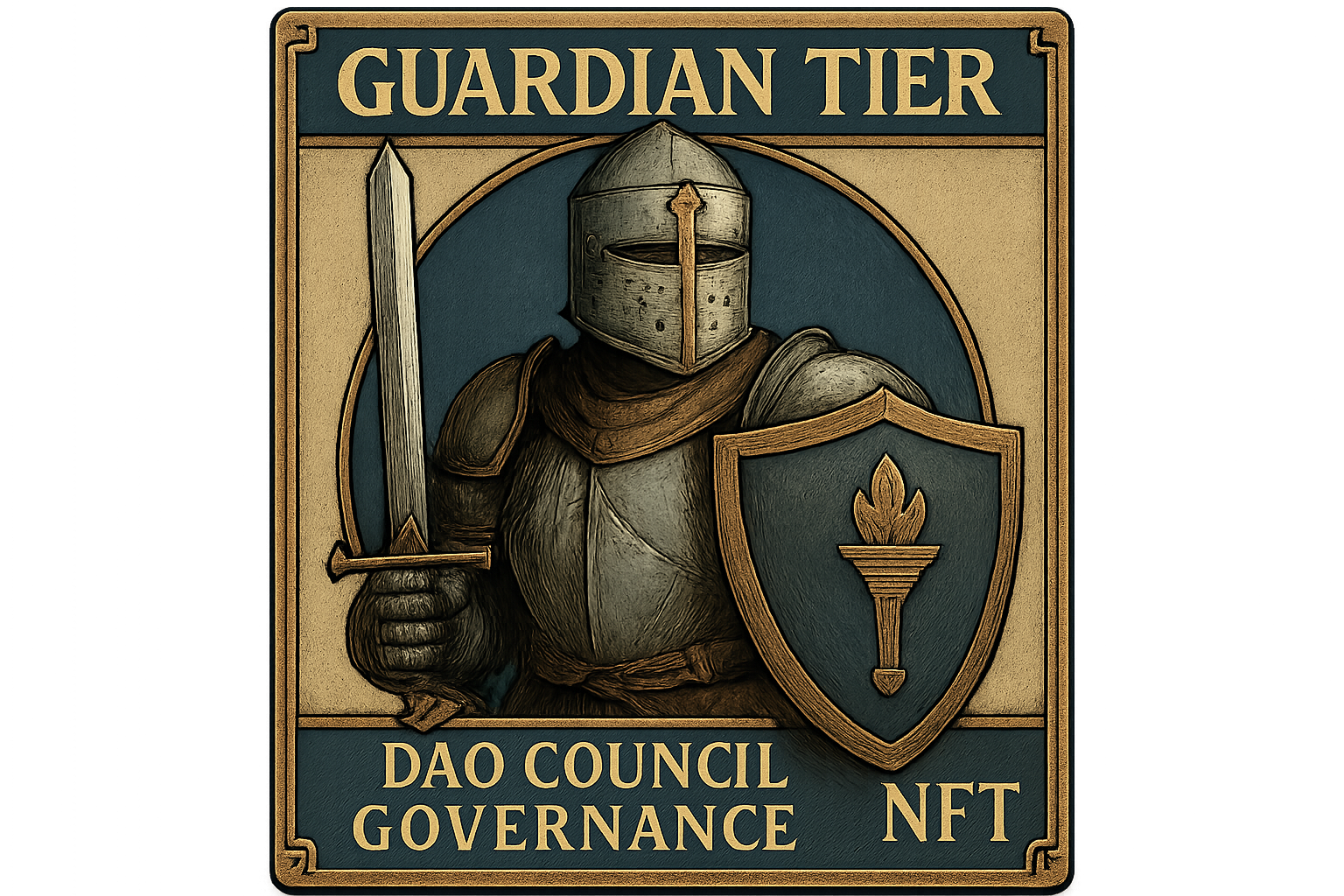
Guardian Tier: Grants advanced privileges including DAO council roles, treasury-backed incentives, and exclusive governance NFTs. Guardians help safeguard protocol integrity and guide long-term strategy.
This model does more than reward activity – it incentivizes quality and commitment over time. Contributors can move up the ranks by engaging in meaningful ways, from testing new dApps to proposing improvements or safeguarding protocol integrity. The rewards scale accordingly: from gas fee subsidies at the entry level to DAO council privileges and treasury-backed incentives for top-tier Guardians. By tying influence to proven track records, adaptive systems like this create a more resilient and meritocratic governance structure.
Reputation-Based Tokens and Two-Token Models
On-chain reputation isn’t just about badges or points. Platforms such as Lens Protocol and Karma3 Labs are issuing reputation-based tokens that function as both trust signals and participation incentives. Lens Protocol’s Social Graph Score, for example, rewards users for meaningful social interactions within its ecosystem. Karma3 Labs’ OpenRank protocol takes it further by establishing a decentralized, verifiable reputation system that can be integrated across dApps for seamless trust-building.
Yet, reputation tokens present a paradox: if they’re transferable, they lose their value as a signal of trust. To address this, some DAOs are experimenting with two-token models. One token is non-transferable and represents a user’s reputation or standing; the other is a liquid asset that can be traded or staked. This separation allows contributors to realize financial gains without diluting their hard-earned governance influence. For more on how these models are reshaping DAO voting power, check out this resource.
Governance NFT badges are another innovation transforming how decentralized organizations recognize and empower contributors. Unlike fungible tokens, these badges are non-transferable and serve as on-chain proof of a user’s unique achievements or status. For example, the recent adoption of Steward NFTs by protocols like WarpSynk gives select contributors permanent governance seats and ongoing rewards, raising the bar for accountability and sustained participation. This approach decouples voting power from mere financial investment and instead rewards those who actively shape and defend the protocol’s future.
The Role of SocialFi Platforms and Crypto Loyalty Programs
SocialFi platforms like GiveRep are at the forefront of integrating Web3 reputation points into everyday crypto experiences. By converting social engagement into on-chain REP, GiveRep not only incentivizes authentic interactions but also powers a new breed of crypto loyalty programs. Users can climb leaderboards, unlock exclusive rewards, and gain access to governance opportunities simply by contributing value to the community. This model is already proving effective in attracting creators, influencers, and everyday users looking to build their on-chain presence. For a comprehensive breakdown of how GiveRep and similar platforms are changing governance token utility, visit this analysis.
The implications for decentralized governance are profound. As reputation systems become more sophisticated, DAOs and protocols can better identify experts, filter out low-quality participation, and reward those who consistently contribute to the ecosystem’s growth. The result is a more adaptive, transparent, and merit-based governance structure, one that is less vulnerable to manipulation by whales or short-term speculators.
Challenges and Future Directions
Despite their promise, on-chain reputation rewards are not without challenges. Designing fair, sybil-resistant systems that accurately reflect user contributions requires constant iteration. There’s also an ongoing debate about privacy, as linking real-world identities to on-chain actions may expose users to risks. However, advances in zero-knowledge proofs and decentralized identity solutions are beginning to address these concerns, paving the way for broader adoption.
Looking ahead, expect to see more DAOs adopt hybrid models that combine token holdings with non-transferable reputation signals. The intersection of SocialFi, InfoFi, and adaptive rewards will continue to push the boundaries of what’s possible in decentralized governance. As on-chain reputation becomes a core pillar of protocol design, users will have unprecedented opportunities to shape the future of their communities, not just with capital, but with meaningful engagement and expertise.
Key Benefits of On-Chain Reputation Rewards
-
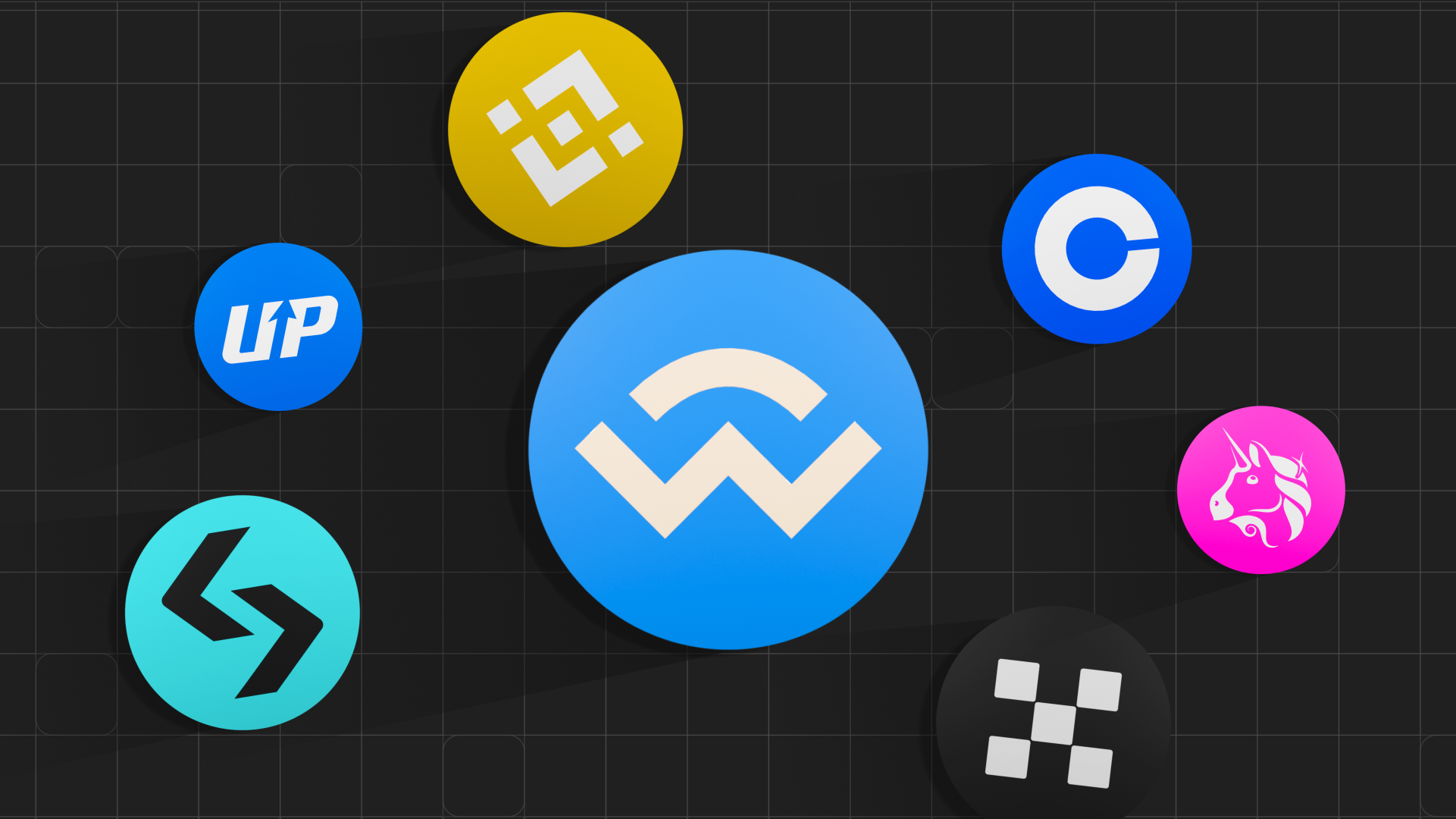
Democratized Governance Participation: On-chain reputation systems, such as those used by WalletConnect and GiveRep, reward active and meaningful contributions, reducing the dominance of large token holders and making governance more inclusive.
-
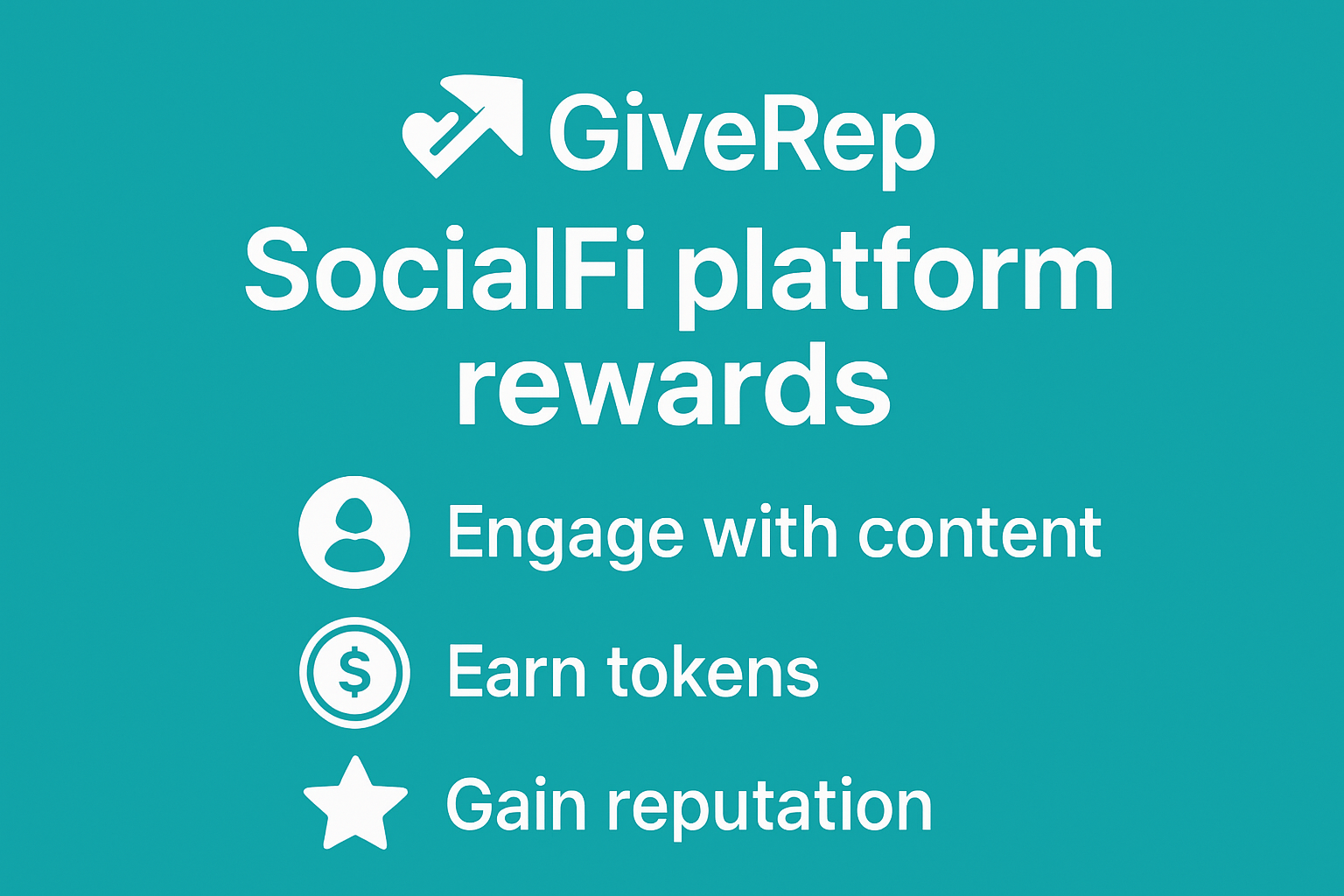
Incentivized Long-Term Engagement: Platforms like GiveRep and adaptive systems on WalletConnect offer tiered rewards—such as NFT badges, fee rebates, and council privileges—to users who consistently participate, encouraging sustained involvement over one-off actions.
-

Verifiable and Transparent Credentials: Steward NFTs and governance NFT badges provide on-chain, non-fungible proof of contributions. This transparency ensures that voting power and rewards are based on merit, not just token ownership.
-
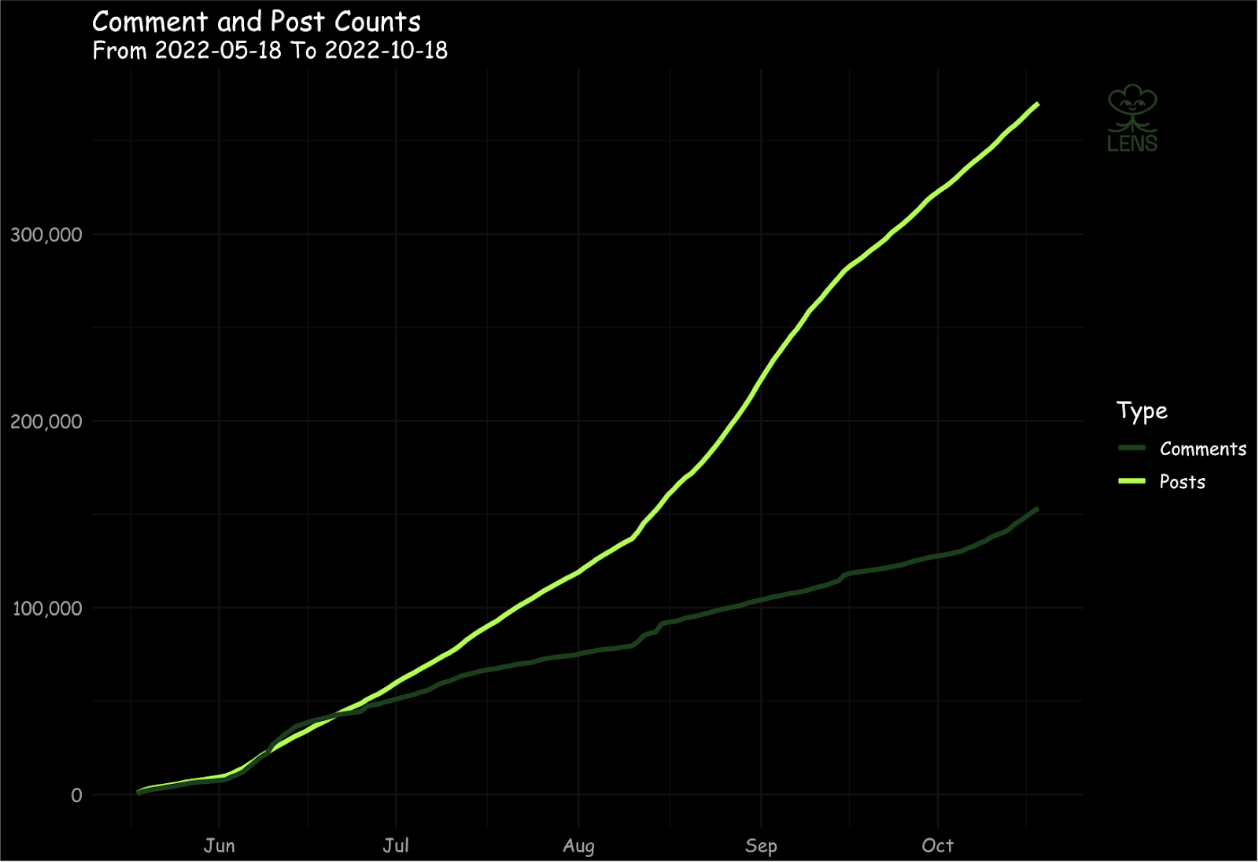
Enhanced Trust and Collaboration: Reputation-based tokens from projects like Lens Protocol and Karma3 Labs foster trust within communities by rewarding positive, verifiable behavior, strengthening the social fabric of DAOs.
-
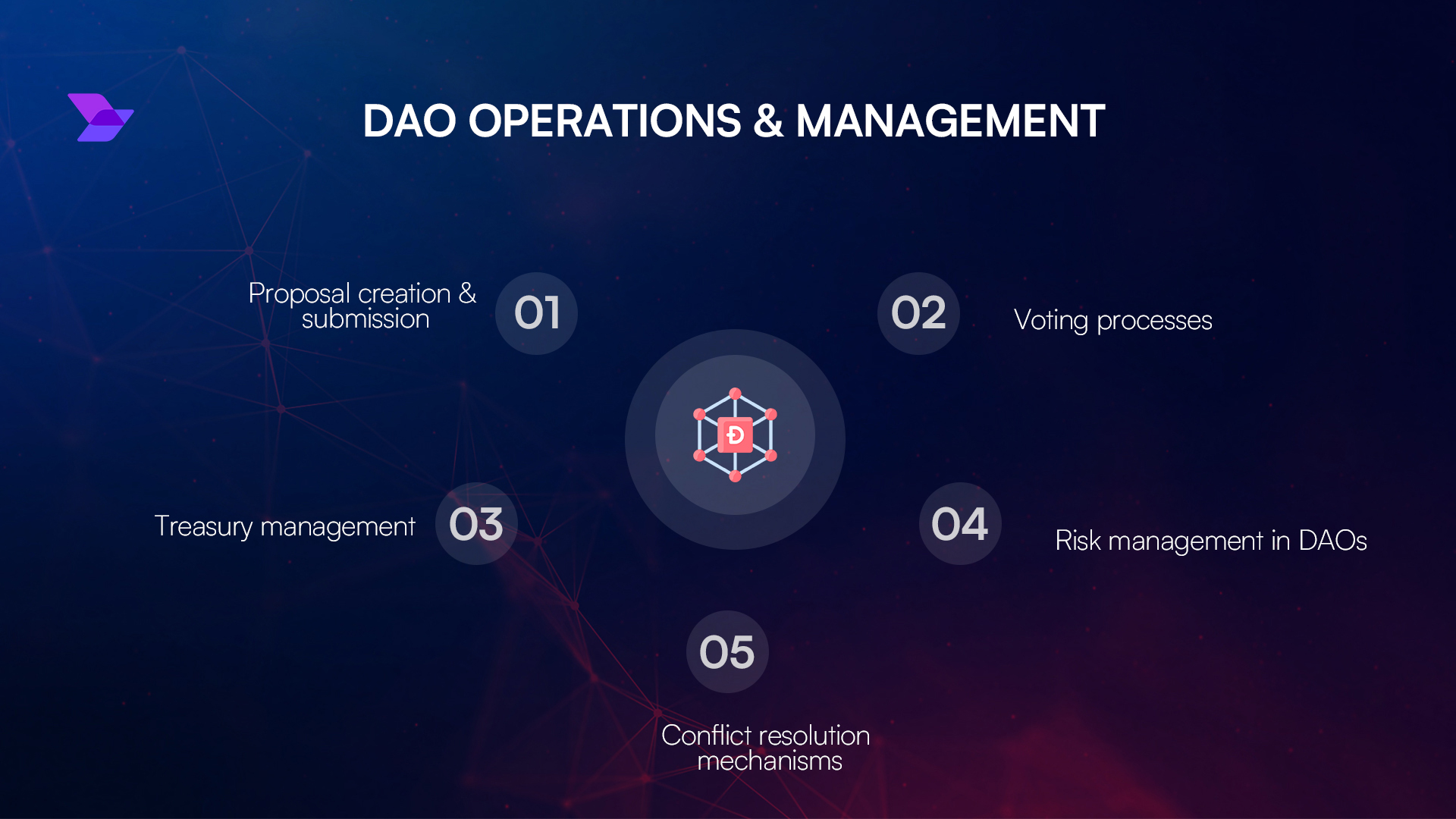
Balanced Incentives with Two-Token Models: Some DAOs, as discussed on Premia Blue, use a two-token approach—one for non-transferable reputation and another for transferable value—allowing contributors to monetize assets without diluting their governance influence.
To explore more about how reputation-based rewards are reshaping incentives in DeFi and governance tokens, see our related coverage at this link or dive deeper into governance NFT badge systems here.









